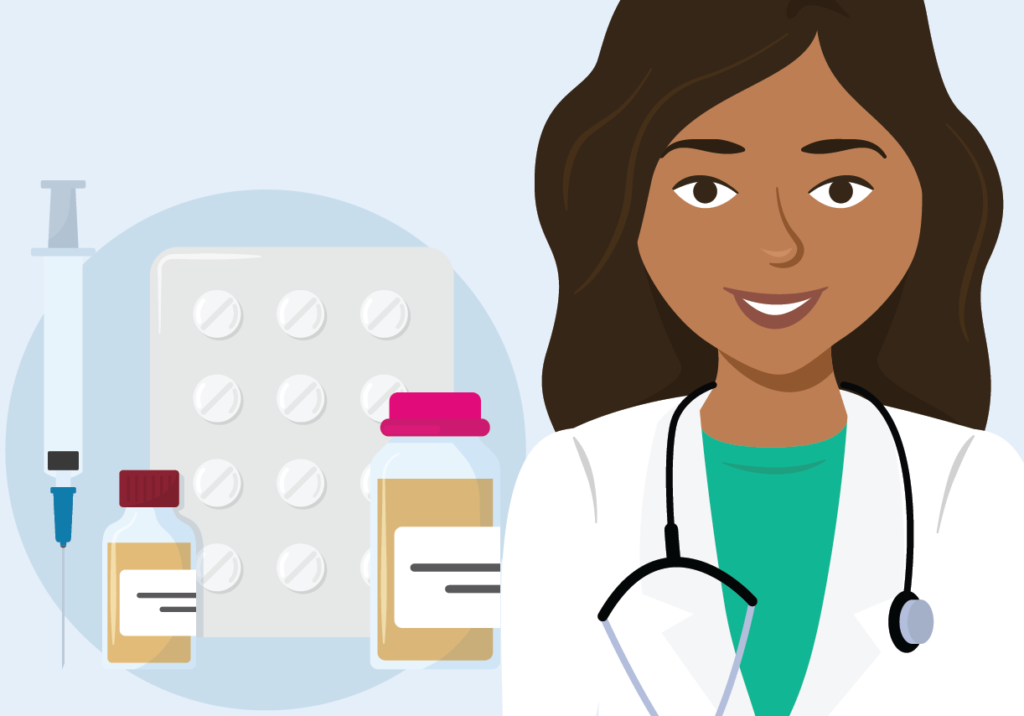Starting or expanding your family is an exciting journey, but for some, it can be a complex and challenging path. If you’re considering fertility treatments, it’s essential to have a comprehensive understanding of the options available. In this blog post, we’ll provide a detailed overview of fertility treatments, including in vitro fertilization (IVF), intrauterine insemination (IUI), and more. We’ll delve into the pros, cons, and essential considerations for each to help you make informed decisions on your path to parenthood.
1. In Vitro Fertilization (IVF):
Pros:
- High success rates, especially for couples with infertility issues.
- Can overcome various fertility challenges, including blocked fallopian tubes and male infertility.
- Allows for genetic testing of embryos.
- Offers the option for using donated eggs or sperm.
Cons:
- Involves a series of hormone injections and medical procedures.
- Multiple embryos may be implanted, increasing the risk of multiples (twins, triplets).
- Expensive and not always covered by insurance.
- Emotional and physical stress during the process.
2. Intrauterine Insemination (IUI):
Pros:
- Less invasive than IVF, involving placing sperm directly into the uterus.
- Lower cost compared to IVF.
- Can be a suitable treatment for unexplained infertility or cervical mucus issues.
- Minimal discomfort and quick procedure.
Cons:
- Lower success rates compared to IVF, particularly for certain infertility causes.
- Requires a good sperm count and motility.
- May not address more complex fertility issues.
- Multiple cycles may be needed for success.
3. Ovulation Induction (OI):
Pros:
- Enhances the chances of natural conception by stimulating ovulation.
- Often the first step in treating ovulatory disorders.
- Lower cost compared to more advanced fertility treatments.
Cons:
- May increase the likelihood of multiple pregnancies.
- Not effective for couples with other fertility issues.
- Regular monitoring and medication are required.
- Success rates can vary depending on the cause of infertility.
4. Donor Egg or Sperm:
Pros:
- A viable option for individuals or couples with genetic concerns or severe infertility issues.
- Higher success rates compared to using one’s own eggs or sperm.
- Reduces the risk of passing on genetic conditions.
- Allows LGBTQ+ individuals and couples to become parents.
Cons:
- Emotional and psychological challenges associated with using donor gametes.
- Legal and ethical considerations, including donor anonymity.
- The cost can be substantial, especially when combined with IVF.
- Finding the right donor can be a time-consuming process.
5. Surrogacy:
Pros:
- Allows individuals or couples to have biological children when carrying a pregnancy is not possible.
- A gestational surrogate has no genetic connection to the child.
- Surrogacy can help LGBTQ+ couples become parents.
- Provides a path to parenthood for those with medical conditions that prevent pregnancy.
Cons:
- Expensive, involving legal, medical, and surrogate compensation costs.
- Legal complexities, including agreements and parental rights.
- Emotional challenges for all involved parties.
- Finding the right surrogate can be a lengthy process.
Understanding these fertility treatment options is the first step in making informed decisions about your path to parenthood. Each journey is unique, and what works for one person or couple may not be the best choice for another. Consulting with a fertility specialist and discussing your specific situation and goals is crucial. With the right guidance and support, you can navigate the world of fertility treatments and move closer to realizing your dream of becoming a parent.
Disclaimer: The information provided in this blog post is intended for general educational and informational purposes only. Fertility treatments are complex and highly individualized processes, and the suitability of specific treatments can vary depending on various factors, including medical history, age, and underlying causes of infertility. It’s essential to consult with a qualified healthcare professional or fertility specialist to determine the most appropriate treatment plan for your unique circumstances. Fertility treatments often involve medical procedures, medications, and potential emotional and financial challenges. Therefore, professional guidance is critical to ensure that the chosen treatment aligns with your specific needs and goals. Always prioritize your safety, well-being, and the advice of healthcare experts as you embark on your fertility journey.





